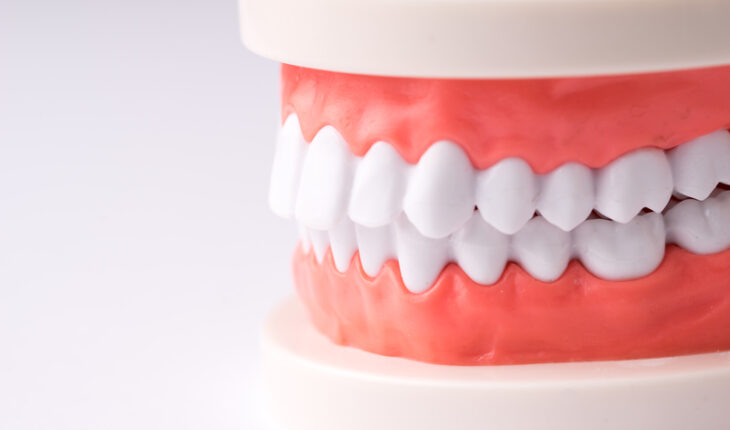Gum disease, also known as periodontitis, is a common but preventable condition that can cause significant discomfort and lead to serious oral health problems if left untreated. It’s crucial to understand who is most at risk and why, to promote preventative measures and early detection. By understanding these risks, we can adopt habits and make lifestyle changes to protect our oral health.
Tobacco Users
Tobacco use is one of the most significant risk factors for gum disease. Whether smoked or chewed, tobacco increases the likelihood of gum infection by affecting the normal function of gum tissue cells. This impairment makes users more susceptible to infections, including periodontal disease. Furthermore, tobacco reduces blood flow to the gums, depriving them of essential nutrients and slowing the healing process. This means that once a tobacco user has gum damage, it’s harder for their gums to recover, causing further deterioration. Therefore, quitting tobacco use is a crucial step in mitigating the risk of gum disease.
People With Diabetes
Diabetes and gum disease have a two-way relationship. Not only are individuals with diabetes more susceptible to infections, including periodontal disease, but severe gum disease can also make diabetes harder to control. Diabetes can increase your overall risk of dental health issues. High blood sugar levels in people with diabetes can cause dry mouth, increasing the risk of gum disease. Dry mouth can lead to a decrease in saliva production, which plays an essential role in washing away food particles and maintaining a healthy pH in the mouth. This can lead to an increase in bacterial growth, which may contribute to gum disease. Moreover, diabetes reduces the body’s ability to fight off bacterial infections, which includes infections in the gums. Therefore, maintaining good glycemic control is crucial in preventing gum disease among people with diabetes.
Older People
As we age, our risk of developing gum disease increases. This is due to several factors including the cumulative effect of plaque buildup over time, receding gums that expose more of the teeth to potential bacterial infection, and the general wear and tear on teeth from a lifetime of use.
Moreover, certain medications commonly taken by older adults can cause dry mouth, contributing to gum disease. Decreased mobility or cognitive function in some seniors may also impact their ability to maintain oral hygiene effectively.
Regular dental check-ups are particularly important for older adults to monitor for signs of gum disease and to receive professional teeth cleaning that can manage plaque and tartar buildup.
In essence, while anyone can develop gum disease, tobacco users, people with diabetes, and older adults are particularly at risk. Awareness and understanding of these risk factors can help in the development of strategies for prevention and early intervention. Regular dental check-ups, proper oral hygiene, maintaining a healthy diet, managing chronic conditions, and avoiding tobacco use are essential steps to reduce the risk of gum disease.
Did you enjoy this article? You might also like: Dental Treatments That Will Boost Your Confidence




